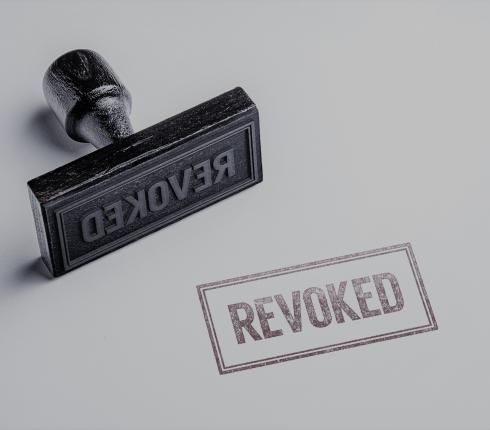NJORD Latvia: How do you get your money from PNB Bank?
On 12 September 2019, Rīga City Vidzeme Suburb court decided to declare PNB Bank insolvent. The court concluded that the amount of the Bank’s assets was insufficient to continue operation. What do you need to do to get your money from PNB Bank?
Since the bank is declared insolvent, it loses the right to dispose of its property, as well as the property of the third parties at its disposal. This right, as well as the management of the bank, passes on to an administrator.
The insolvency administrator Vigo Krastiņš on 19 September 2019 published in the official publication Latvijas Vēstnesis the information about the term for submission of creditor applications – 3 months from the date of publication. Therefore, you must submit your applications by 19 December 2019. Creditor applications are already being received.
Creditors submitting their applications after this term will be in the eighth stage for receiving money.
A creditor has the right to submit a claim to the administrator in person or through a representative. At this stage, customer identification and authorization verification will be conducted.
The first problems will start here, since not all clients have correctly executed documents, not all documents have the necessary validity period, etc.
If the received Creditor’s claim and annexes thereto contain sufficient information to evaluate the claim, the administrator evaluates the claim and makes a decision on recognition of the creditor claim in full, in part or on rejection of the claim. If, however, deficiencies are established in the submitted claim, the administrator informs the client thereof. The administrator will also have the right to request additional documents for verification, including on beneficiaries and economic activities.
It should be noted that during the insolvency process and within the framework of the Law on the Prevention of Money Laundering and Terrorism and Proliferation Financing, the administrator reports suspicious transactions to the Financial Intelligence Service.
Additionally, the administrator shall develop a methodology for compliance with anti-money laundering requirements and approve it in the Finance and Capital Market Commission.
Payments to creditors can only begin after approval of the methodology.
At this stage, many clients will also face a long and dreary struggle for their money.
Payments to the creditor may be delayed or refused, if legal obstacles exist, including those specified in the Law on the Prevention of Money Laundering and Terrorism and Proliferation Financing.
A creditor’s claim submitted on time and recognized by the administrator is to be granted in accordance with the priority specified in the Law on Credit Institutions, namely:
- payments to creditors (depositors) entitled to receive a guaranteed compensation (up to 100,000 euro);
- payments to creditors (depositors) who, after receiving a guaranteed compensation, have a cash balance exceeding this amount in their PNB Bank account. (Individuals, as well as micro-entities, small and medium enterprises [1] are considered creditors at this stage);
- claims of the Bank employees;
- tax and other payments (debts) to the state budget and municipal budgets, as well as certain transit credits;
- debts to creditors formed at the time when the Bank accepted for execution and has not executed the client’s payment orders on transfer of funds to the accounts of state or municipal budget;
- state claims for repayment of state-guaranteed credits;
- other lawful claims of creditors in the principal amount and interest payments;
- claims of creditors submitted after the term;
- claims on subordinated obligations;
- obligations to shareholders.
NJORD Law Firm is ready to provide legal assistance to the bank creditors in the insolvency process.
If you have any questions or need an additional consultation in connection with the mentioned information, please contact the partners of NJORD Law Firm Riga –Dmitri Kolesnikov, attorney at law (ph. +371 67 313 315, dk@njordlaw.lv) and Dmitri Nikolaenko, attorney at law (ph. +371 67 313 315, dn@njordlaw.lv)
[1] Micro-entities, small and medium enterprises are commercial companies which annual turnover does not exceed 50 million euro.






























